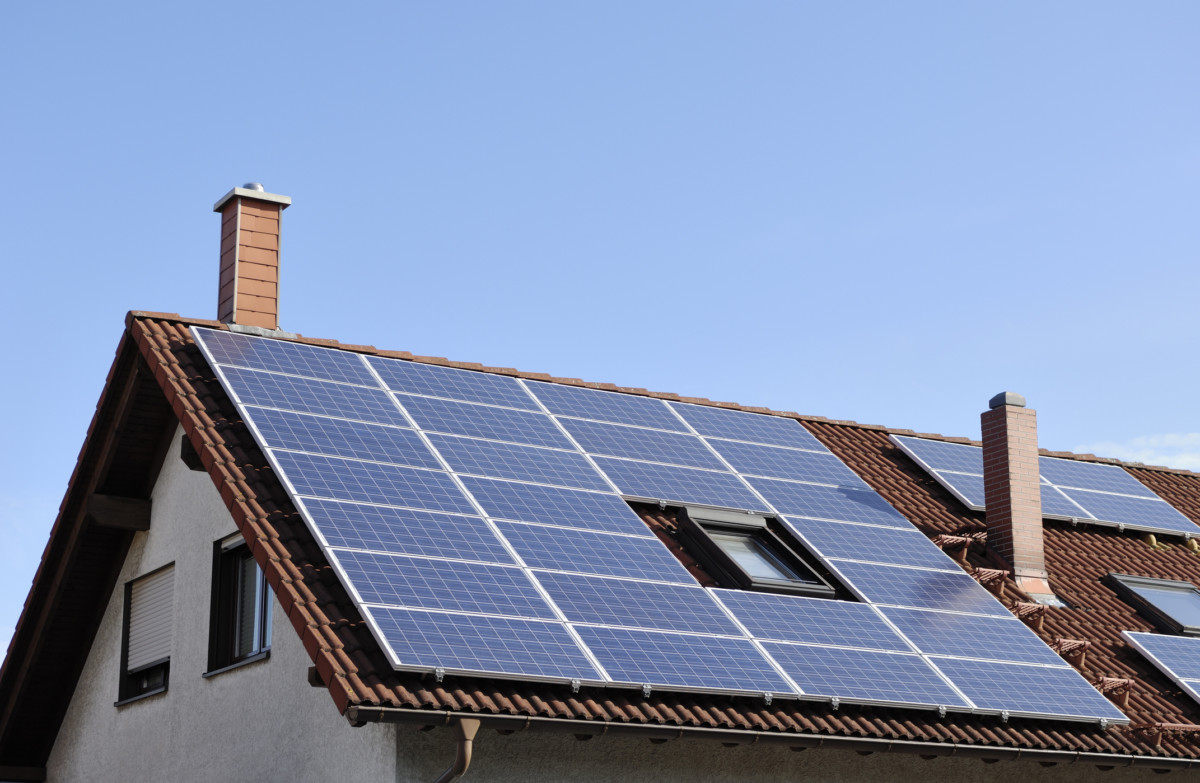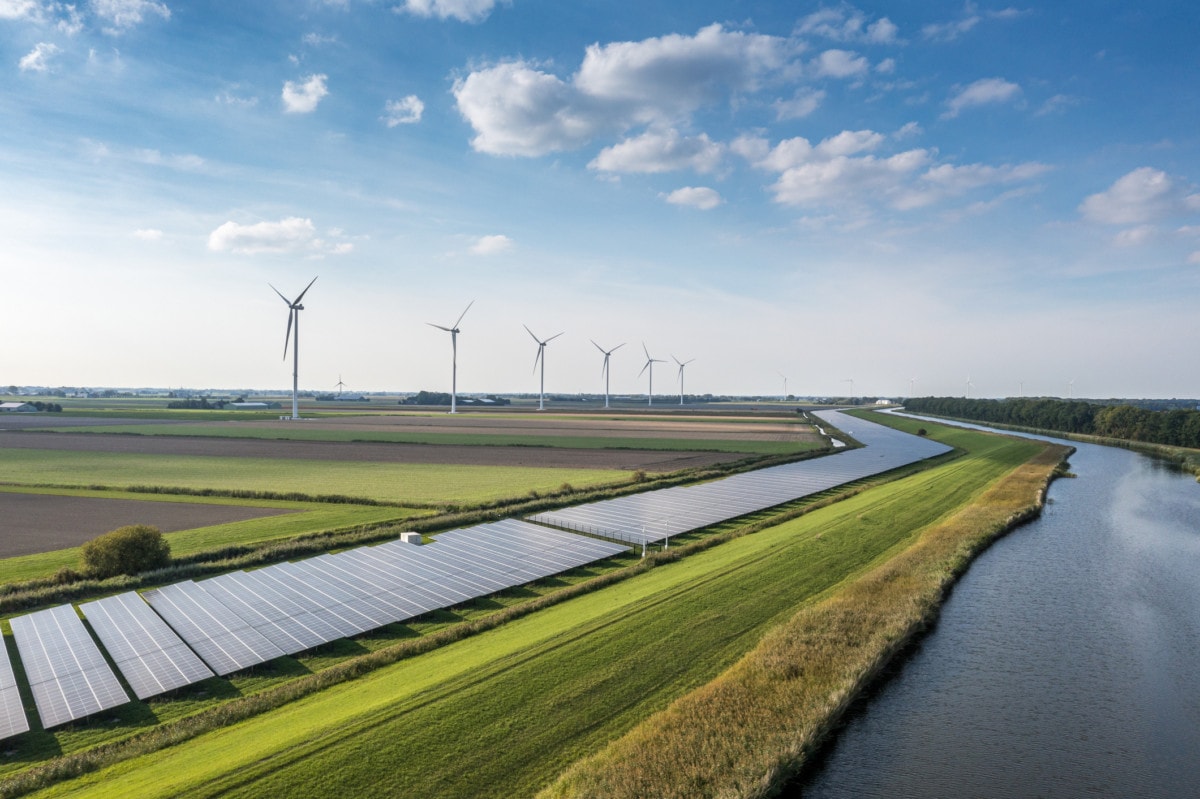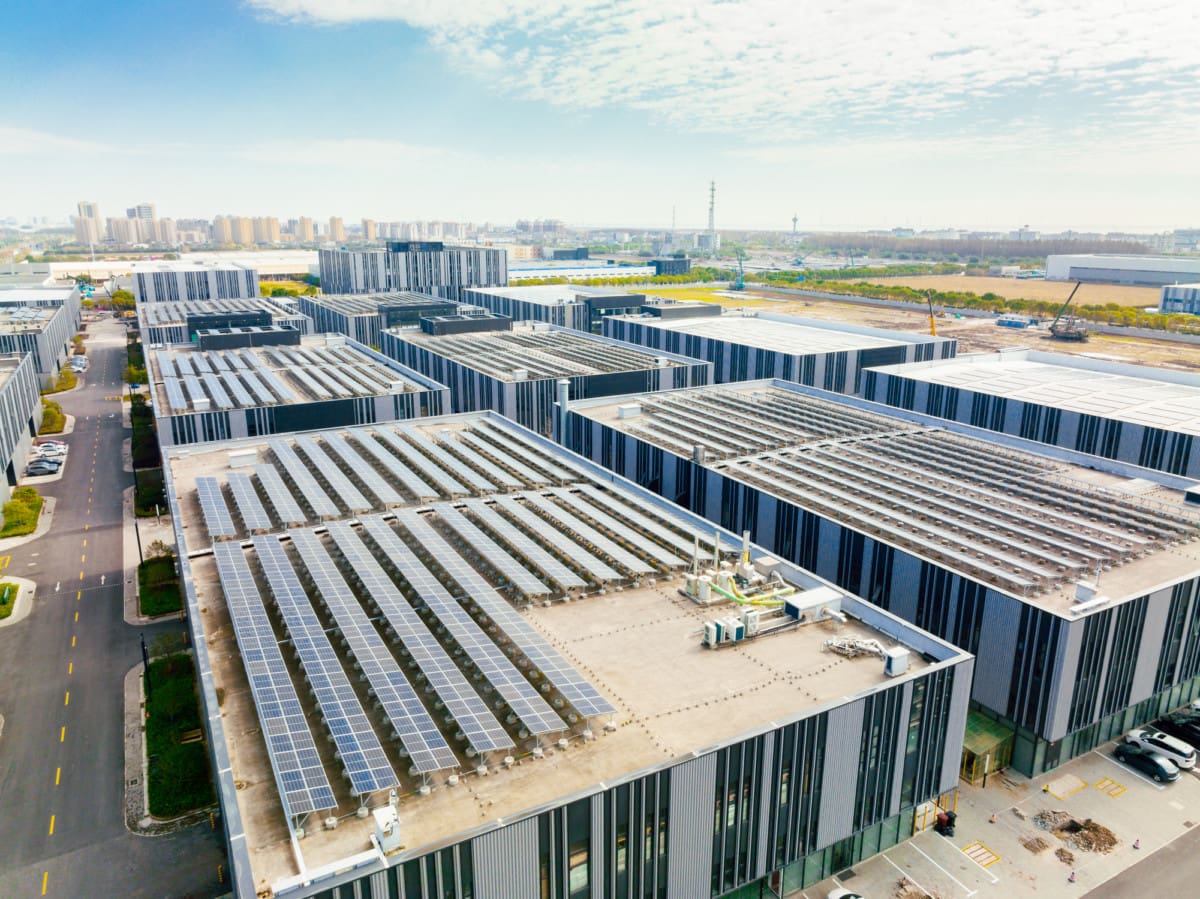
Renewable energy is energy from natural sources that replenish at a higher rate than we consume them. They are an essential tool to combat climate change and can create a more equitable world. Wind, hydropower, and geothermal energy are examples of renewable energy, but is solar energy renewable?
Whether you live in a house in Columbia, MD, or an apartment in Boston, read on to learn about solar energy, how it compares to other energy sources, and how we harness it to power our homes, cities, and the world.
Is solar energy renewable?
Solar energy is an unlimited, renewable resource. It’s the cleanest and most abundant energy source available. It’s produced by the sun’s light and heat, which are inexhaustible for as long as the sun exists.
However, solar panels, one of the primary methods we use to harness energy from the sun, are not a renewable resource. They require replacement every 25-30 years and are not entirely recyclable. Significant advancements are underway, such as biodegradable biopanels, but none are widely available.
What is solar energy?
The sun produces two types of energy that we can harness: light and heat. It produces these through nearly-infinite nuclear fusion. The brighter and hotter an area is, the more energy we can harness from the sun.
In addition, solar energy doesn’t emit greenhouse gasses, making it an environmentally-friendly alternative to traditional energy sources. It’s also extremely cost-effective and can help homeowners and businesses save money on their energy bills over time.
How does solar power work?
There are three primary ways to harness solar energy: solar panels, concentrated solar, and solar process heat.
- Solar panels: Solar panels are the most common type of solar technology for homeowners and businesses. If you have solar panels, you can use the electricity they generate like you would any other power source. Electricity from solar power can heat and cool your home, heat water, power lights and appliances, and more.
- Concentrated solar: Concentrated solar technology is primarily used in large-scale solar farms and industrial use. Companies also often build solar farms in areas that receive a lot of sunlight. For example, the largest solar farm in the US is located just outside of Los Angeles, an area that receives a huge amount of sunlight every year.
- Solar process heat: Solar process heat is a method of using solar energy to heat, cool, and ventilate a space, as well as replace traditional water heaters.

How is solar energy different from other energy sources?
Solar power is more renewable and often more ecologically friendly than other common energy sources, including fossil fuels, nuclear power, hydropower, and wind power. Let’s dive in to discover how.
Fossil fuels
Fossil fuels are finite and will eventually run out, which means they are not renewable. Also, they emit harmful gasses like carbon dioxide and methane and require tons of energy to extract.
Natural gas is much cleaner than other fossil fuels, but still emits methane and often requires fracking to extract. It is also very prone to leaking during transportation and while in storage.
Nuclear power
Nuclear power is not a renewable energy source, but it doesn’t emit greenhouse gasses. However, nuclear power plants produce vast amounts of highly toxic, dangerous radioactive waste. Society hasn’t discovered a method to safely store or dispose of nuclear waste in a way that doesn’t leak and significantly harm people and the environment.
Additionally, nuclear power plants can explode, causing widespread and decades-long destruction.
Hydropower
Hydropower is a very clean energy source and doesn’t emit any greenhouse gasses. However, dams devastate salmon populations along with many other species of plants and animals. And as climate change worsens, many reservoirs and rivers have dried up, causing serious concern about the future of hydropower.
Wind power
Like solar, wind power is an infinitely renewable resource with less environmental impact than other energy sources like fossil fuels and hydropower.
Compared to solar power, wind power isn’t as widely available or consistent as solar power. And, some areas may not be windy enough to generate the kinetic energy needed to power a home or group of buildings.
While residential wind turbines are available (small wind electric systems), they often require more specific conditions than solar panels and may not generate as much electricity. Plus, they require specific zoning permits and are expensive to install.
Solar energy for homeowners
Solar energy is a green alternative to traditional energy sources and helps the environment. If you are curious about harnessing solar power, many programs at the state and federal levels can help you save money if you install solar panels. Also, you may be eligible for a tax credit if you switch to solar power.
Benefits of solar energy for homeowners
Capturing solar energy can help you save money and reduce your carbon footprint.
Solar panels can be expensive upfront, but can save you money in the long run by reducing or eliminating the electricity costs for your home. Also, prices of solar panels are going down as they become more available. Plus, you may get a tax credit or other benefit by going solar, depending on where you live. Reducing the amount of hydropower, natural gas, and other energy sources your home uses will also minimize your carbon footprint and environmental impact.

How solar energy helps the environment
Solar energy is renewable and doesn’t emit harmful greenhouse gasses or noxious chemicals. While other energy sources may dry up, like hydropower and fossil fuels, solar power won’t.
However, there are some downsides to solar energy. For example, solar farms take up a lot of space and can negatively affect biodiversity, birds, and pollinators if they aren’t planned carefully.
It also takes other natural resources besides sunlight and space to manufacture solar panels. Many resources go into making solar panels, such as silicon and water, which are used in manufacturing and production.

Final thoughts on solar energy
As climate change persists, it’s essential to invest more in renewable energy like solar power. Solar energy is a nearly infinite energy source and is far cleaner than fossil fuels, such as natural gas and oil.
Homeowners can harness solar energy by using solar panels. Solar panels convert energy from the sun into electricity, which you can use like any other form of electricity. While solar panels themselves aren’t entirely renewable, they help the environment while lowering your energy costs.
Redfin does not provide financial or environmental advice. Individual energy needs, use, and capabilities may vary. Always consult a professional and take your individual circumstances into account before installing solar panels.





